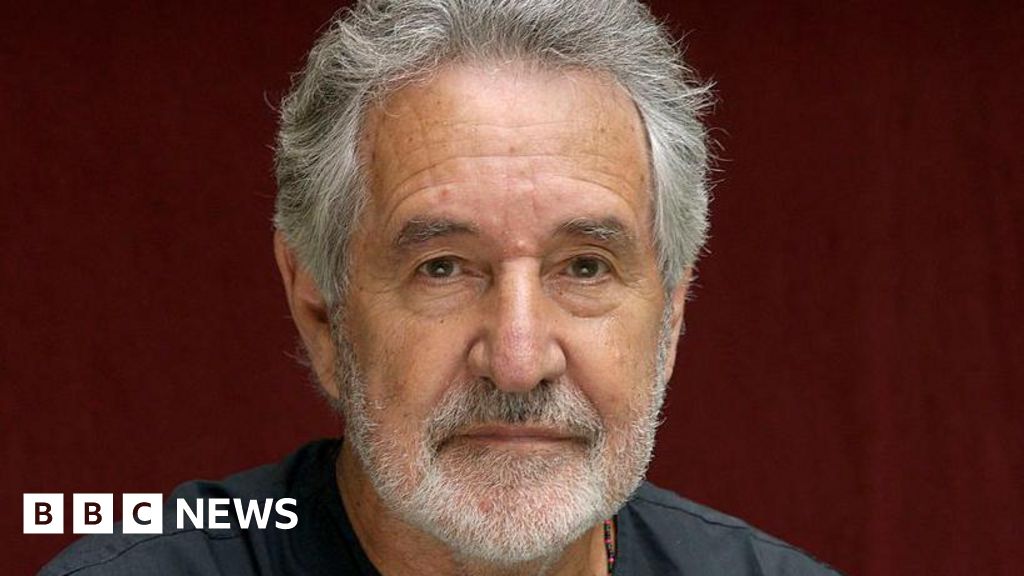The Nigerian Institute of Town Planners (NITP) has called on the government to prioritise physical planning to improve food production, minimise hunger and other social ills.
NITP president, Nathaniel Atebije, who made the call at a press conference themed: “From Protest to Projects”, maintained that engaging in physical planning would significantly facilitate Nigeria’s development through structured and sustainable approach to managing land use, infrastructure, and resources.
Atebije noted that the current state of rural infrastructure is a major hindrance to food production and security, and added that Nigeria must rise above and beyond protests to achieve meaningful projects and address the current socioeconomic challenges.
“Engaging physical planners to conceive relevant development plans for regions, urban and rural areas will boost infrastructure development, create efficient transportation networks, reduce the cost of goods and services, and facilitate trade and movement of people.
“Good governance delivers effectively in the provision of utilities and services, which are crucial for both economic activities and improving the quality of life.
“Through planning, settlements will achieve sustainable land use zoning to ensure that land is used efficiently and appropriately to avoid conflicts and promote orderly development. We reiterate that physical planning, when allowed to be conceived by qualified town planners and effectively implemented, will transform Nigeria.’
Atebije emphasised that better roads will help farmers transport their produce to markets more efficiently, while financial support, access to credit, and training for smallholder farmers will also boost food production. He also called for the strengthening of agricultural value chains by ensuring that farmers have access to markets, fair prices, and transparent trade practices.
“By implementing these strategies, Nigeria can effectively tackle the challenges of hunger, energy, and transportation, paving the way for sustainable development and improved quality of life for its citizens,” he said.
Atebije urged the government to embark on cross-cutting solutions such as investing in education and training programmes to build capacity in the agriculture, energy, and transportation sectors. He advised the government to address the energy crisis through diversification of energy sources, upgrading the power grid and implementing policy reforms that encourage investment in the energy sector.

 2 months ago
33
2 months ago
33















 English (US) ·
English (US) ·